The Power of Words
Nice words, ugly words, kind words, curse words, thankful words, sad words, positive words, negative words. . . What type of words you use, said with what tone of voice, at what time, and how many of them. . . it all matters. Whether the environment of your home is happy and uplifting or negative and miserable depends, in great measure, on the words you use.
Words hold Power. Whatever direction your words lead, your mind, body and environment will inevitably follow.
Most of the time when couples speak to each other, they’re doing a number of things that ultimately don’t lead to good communication, or to connection. People tend to be very reactive in the ways they respond to words. They hear something and, even before they realize what they’re hearing, they have emotional responses.
You can get defensive very quickly. Emotional responses can spring up from past experiences, or from tone of voice, or. . . any number of things that have nothing to do with the intention of the person talking. That’s why a soft start always helps to start communication in the right way.
Research shows that the human brain can really only hold on to four things at a time, so if you go on and on for five or 10 minutes trying to argue a point, the other person will only remember a very small part of what you said
For effective communication, speak briefly. Then let the other person have a response. And by briefly I mean one or two sentences, maybe 30 seconds worth or so, because that’s really what the human brain can take in and absorb.
There’s a lot of evidence to show that negative words and negative emotions are detrimental to the brain, while positive words and positive emotions are beneficial. So, tone down negative words and speak more positive words. People respond best to yes than to no.
One thing I had to relearn when I had small children was to change the times I tended to say NO. It’s easy for parents to almost automatically answer with a no for a lot of things.
But then I noticed that was bringing negativity and resistance back. Same with my spouse.
So, nowadays, I try to think, before saying no, how I can turn it into a yes.
For example, if my husband asks me for something, and I’m in the middle of a project, or a tast, my answer might be: “Yes, as soon as I finish loading the dishwasher I’ll help you with that.”
Your turn
Today say more positive than negative words and shorten your communication.
For example, if someone asks for something and your are busy, instead of saying: “I can’t, don’t you see I’m busy?” Say: “Sure, as soon as I finish. . .”
Purposely stay away from things like “you always. . .” “you never. . .” “how can you be so. . . (negative words)” Instead, substitute with positive words like "Thanks," "I’m proud of you," "That was nice!"
You get the idea . . . Make your words count for the best!
P.S.
If you are struggling with your communication as a couple, you can schedule a FREE 30 min. “Couple Strategy Session” right on my calendar by clicking the button below.

